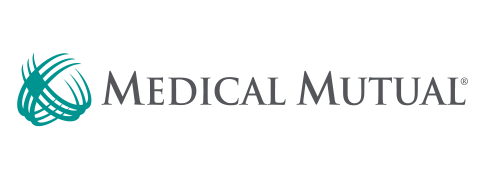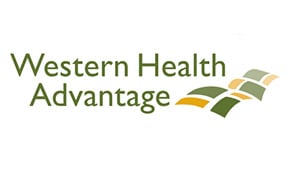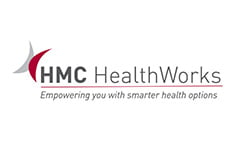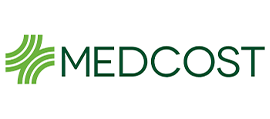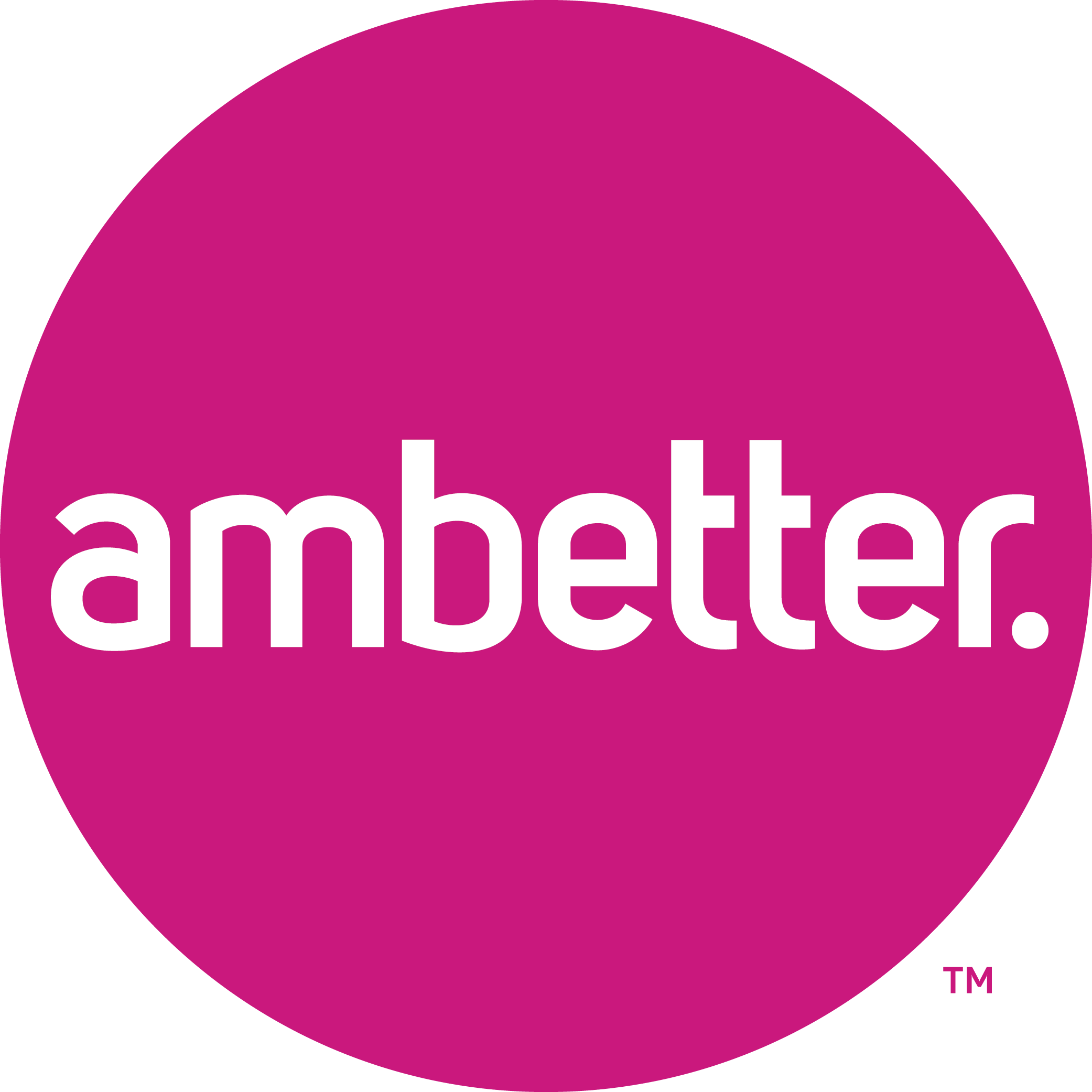The 12 Steps were created by the founders of Alcoholics Anonymous (AA) to establish recovery guidelines to help people with drug and alcohol addictions. Although it first catered towards people with alcohol use disorders, the AA 12 steps were eventually expanded to offer people with all kinds of addictions peer support and resources. There are many types of 12 step programs, including AA groups and Narcotics Anonymous (NA). To further aid in our patients’ recovery goals, we offer various 12 step programs at Banyan rehab locations.
History of the 12 Steps of AL-ANON
Alcoholics Anonymous (AA) originated the idea for the 12 Step model in 1936 when founder Bill Wilson came up with the ideas that he’d developed from his experience with alcoholism. He wrote of the benefits of sharing stories with each other among people who struggled with alcoholism.
Now known as the Big Book, Wilson wrote out the 12 Step program, which was developed through synthesizing concepts from other teachings he came across, including a six-step program founded by the Oxford Group.
The 12 Steps were originally based on spiritual and Christian principles that sought help from a greater power as well as from others in the addiction recovery community. The Big Book became a written guide for people who couldn’t attend AA meetings regularly and soon became the model for the 12 Step program.
Since then, it’s been adopted as a model for a range of addiction support meetings and self-help programs designed to help people addicted to drugs or alcohol change their behaviors for the better. In addition to the AA, other variants like the NA, Heroin Anonymous (HA), and Gamblers Anonymous (GA) exist.
The 12 Step Principles of AA
Though the 12 Step program has been adapted to help people recover from other forms of addiction aside from alcoholism, the premise of each step remains the same. The premise of the 12 Step program is that people can help each other achieve and sustain abstinence from the substances or behaviors they’re dependent on.
Patients can do these 12 steps of NA or AA in which they share their experiences and support each other through the addiction recovery process. Services offered at our drug and alcohol treatment centers are heavily based on the understanding that peer support is crucial in recovery from substance abuse.
The 12 steps or principles of this program, as written by the AA, are:
- Admitting you’re powerless over your addiction
- Believing that a Power greater than yourself could restore you to sanity
- Deciding to turn your will and your life over to the care of God as you understand Him
- Making a thorough moral inventory of yourself
- Admitting to God, yourself, and to another human being the exact nature of your wrongs
- Being entirely ready to have God remove all these defects of character
- Humbly asking Him to remove your shortcomings
- Making a list of people you’ve harmed and being willing to make amends with them all
- Making amends with these people wherever possible, except when to do so would hurt them or others
- Continuing to take personal inventory and admitting when you’re wrong
- Improving your relationship with God as you understand Him through prayer and meditation, praying only for knowledge of His will for yourself and the power to carry that out
- Experiencing a spiritual awakening as a result of these steps, trying to carry this message to others in the recovery community, and practicing these principles in every area of your life
In addition to peer support through recovery from substance abuse, there are other benefits of participating in 12 step programs for addiction recovery, including:
- The ability to recognize and admit one’s problem
- Surrendering to the fact that the addiction exists, and that guidance is required to achieve control over the addiction
- Increased sense of self-restraint
- A chance to practice that restraint and build self-esteem
- Achievement of self-acceptance, self-awareness, and the ability to change behaviors
- Compassion, both for those who have been affected by the addiction and for others who also struggle with addiction
- Making amends with those who have been hurt as a result of the addiction
- The development of skills that will aid in maintaining long-term abstinence from drugs and alcohol
Our 12 Step Recovery Programs
Whether you’re interested in the alcoholics or narcotics anonymous 12 steps, numerous of our drug addiction treatment centers offer various forms of the 12 steps to help patients overcome their substance use disorders and develop the skills needed to achieve long-term recovery. Our nationwide drug and alcohol treatment centers even offer online 12 step meetings as an essential form of care for patients during the coronavirus pandemic.
We want to ensure that all of our patients remain safe while continuing their treatment programs at home. By offering telehealth addiction treatment and therapy, we ensure that our patients don’t fall off track when remaining remote.
No matter the form of drug or alcohol addiction you’re facing, our specialists are here to help. For more information about our 12 step programs or other substance abuse services, contact Banyan Treatment Center today.
Related Reading:
Truths and Myths About 12 Step
Benefits of 12 Step Programs
If you or someone you know is struggling with opiate addiction or abuse, help is just a phone call away. Call Banyan Treatment Centers now, we are here to help: 855-722-6926.
Not all programs available at all locations. Please contact the location for availability.
Most Insurance Plans Accepted
At Banyan Treatment Centers, our goal is to make sure that anyone who needs treatment from drug and alcohol addiction are able to get the help needed to assist them on the road to recovery. If you don't have insurance contact us to inquire about alternate methods regarding treatment for yourself or a loved one.














